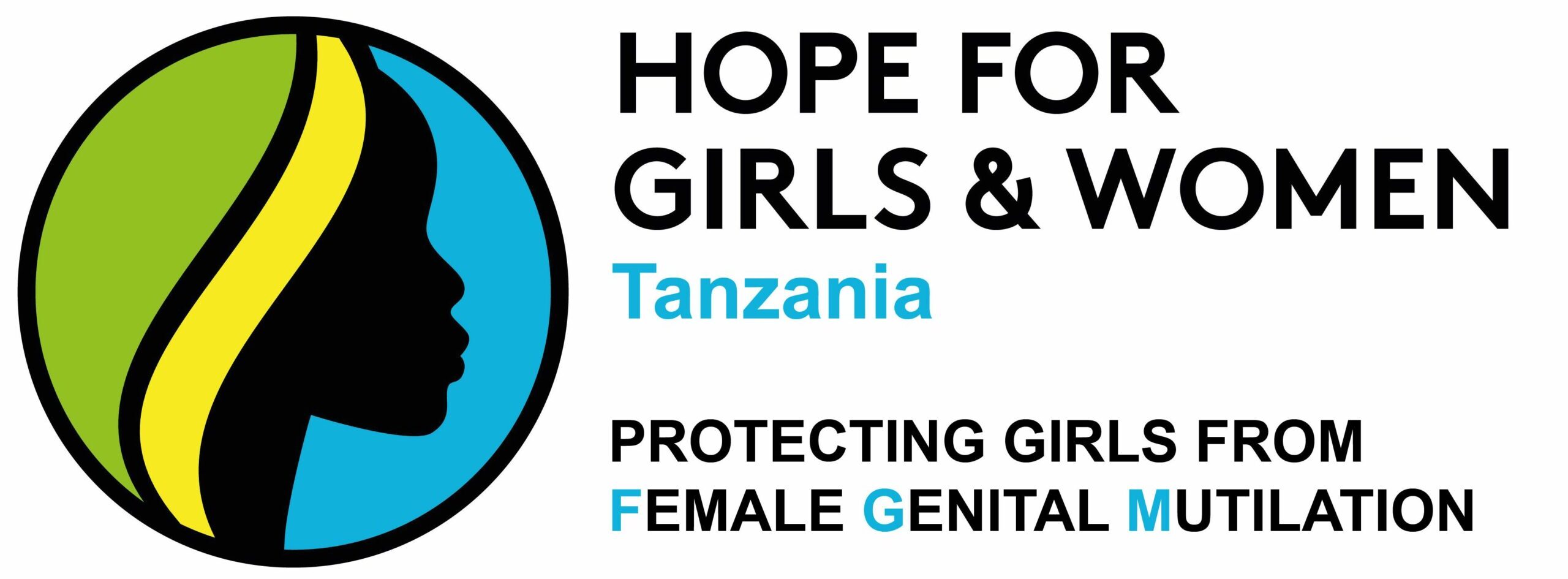In December 2020, we held debates with 60 local men in Bonchugu village and Nyamburi village, Northern Tanzania, on the impact of female genital mutilation (FGM) and other forms of gender-based violence (GBV). They voiced their views on questions including;
- Why men like to marry girls who are cut?
- Why men do not like to marry girls who are not cut?
- What are the challenges that girls who are cut are likely to face in their society?
This fostered a dialogue that challenged gender roles and practices as a step towards ending harmful practices against girls and women.
Those gathered discussed how men prefer to marry circumcised girls so that they can protect their wealth, earn respect within their communities, and build recognition as keepers of their customs and traditions.
They also examined how men did not like to marry uncircumcised girls because they believed that it would be a curse on their families. Men and their wives would be segregated by other villagers as girls who are not cut are not allowed to participate in traditional ceremonies and partake in community decisions. Some of the challenges faced by girls who marry without being cut were raised and included:
- They will likely face segregation among community members
- They may be called names and insulted
- They will not be involved in activities of their tradition
- They will be prohibited from contributing to community decisions
We then evaluated the challenges that girls face when they undergo female genital mutilation. Men were educated on how girls face bleeding during cutting, which may lead to death, and how it is possible to be infected with diseases such as HIV due to cutters using the same tools across recipients.
Locals discussed how to end gender-based violence in their societies. Men believed that governments should more strictly enforce the law, and education should be provided to community members. In addition, traditional elders should be taught the impact of gender-based violence and be convinced to align with governmental goals for abolishing it. More safe houses should also be constructed to protect girls during this period of drastic change.
We then listed baseline expectations among locals to be ambassadors during the fight against gender-based violence. Men should inform the police when they detect unwarranted practices in their villages and should educate their communities about the impact of FGM and gender-based violence at large.
Holding debates and community outreach events can foster a continuing dialogue that will challenge and change existing norms around gender practices. Being able to engage men in villages in this way is also a huge indication of the progress being made, we will continue to build upon these opportunities to have an open dialogue with individuals who previously would have been unwilling to do so.
This debate formed part of our recognition of the United Nation’s 16 Days of Activism Against Gender-Based Violence. Please see our series of blog posts and our social channels for further information on the events we have been involved in during this important 16 days.
Find out more about our work to end FGM in Tanzania here.















